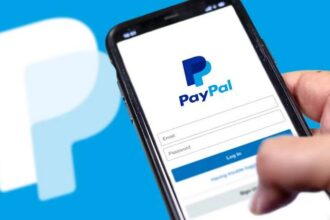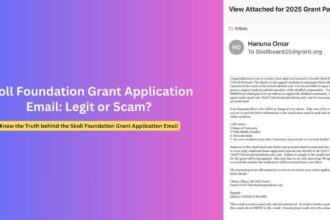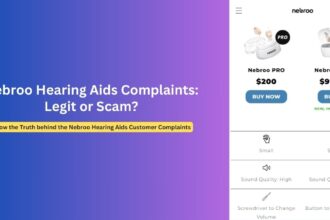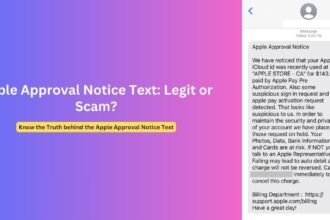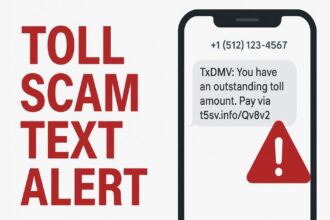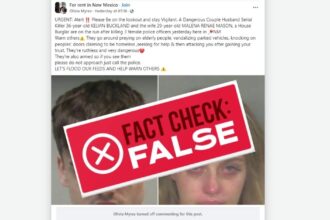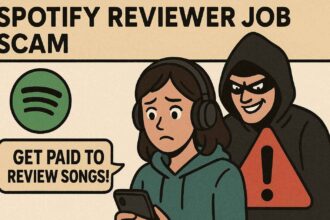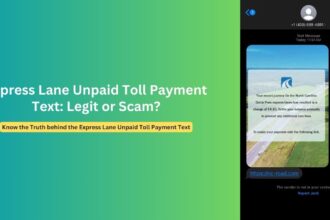After a 13-year legal battle, payments are finally being distributed to eligible Facebook users who were tracked across the web without their knowledge. The $90 million settlement resolves allegations that Facebook (now Meta) improperly tracked users’ internet activities even after they logged out of the platform.
The Privacy Breach Behind the Facebook Internet Tracking Settlement Lawsuit
Between April 2010 and September 2011, Facebook allegedly deployed tracking cookies that continued monitoring users’ web activities even after they logged out of their accounts. The tracking occurred specifically when users visited non-Facebook websites featuring the “Like” button.
According to court documents, Facebook utilized two types of cookies:
- Session cookies: Created when users logged into Facebook, supposed to be deleted upon logout
- Tracking cookies (particularly “datr” cookies): These remained on users’ computers after logout
The lawsuit alleged that when users visited third-party websites with Facebook “Like” buttons, their browsers would send requests to Facebook’s servers containing both the tracking cookie data and details about the webpage being visited. This allowed Facebook to build comprehensive profiles of users’ browsing habits across the internet.
The class action complaint, originally filed in May 2012, claimed this tracking violated multiple laws, including:
- Federal Wiretap Act
- Stored Communications Act (SCA)
- Computer Fraud and Abuse Act (CFAA)
- California privacy laws and common law
Who Is Eligible for Payment?
You qualify as a class member if you meet both of these criteria:
- You were a Facebook user in the United States between April 22, 2010, and September 26, 2011
- During this time, you visited at least one non-Facebook website that displayed the Facebook “Like” button
The settlement excludes certain groups, including:
- Meta employees, directors, officers, and their families
- Judicial officers presiding over the case and their staff/families
- The settlement administrator and class counsel
Facebook Internet Tracking Settlement Benefits Explained
The $90 million settlement package includes both financial compensation and data deletion requirements.
Financial Compensation
The $90 million settlement fund covers:
- Payments to approved claimants
- Settlement administration costs ($2,353,535.26)
- Attorneys’ fees (up to $26,100,000, or 29% of the fund)
- Attorneys’ expenses (up to $393,048.87)
- Service awards to class representatives ($5,000 each for MDL Plaintiffs; $3,000 each for State Court Plaintiffs)
All approved claimants receive equal shares of the remaining funds after these expenses. Eligible class members who submitted valid claims by the September 2022 deadline could choose to receive their payment via:
- PayPal
- Venmo
- Virtual Prepaid Card
- Zelle
- Check by mail
Non-Financial Settlement Terms
Beyond monetary compensation, Meta also agreed to delete all cookie data collected during the relevant period that could identify specific Facebook users. This data deletion was a significant aspect of the settlement, as it addressed the root privacy concern that sparked the litigation.
The Long Road to Resolution
The path from initial allegations to today’s payment distribution spanned nearly 13 years, highlighting the complexity of privacy litigation involving major tech companies.
Key Milestones in the Facebook Internet Tracking Settlement Case
| Date | Event |
|---|---|
| April 22, 2010 – Sept 26, 2011 | Period when alleged tracking occurred |
| May 23, 2012 | Class action lawsuit filed in Northern District of California |
| October 23, 2015 | First dismissal with leave to amend |
| December 1, 2015 | Amended complaint filed |
| June 30, 2017 | Second dismissal |
| December 15, 2017 | Appeal to Ninth Circuit Court of Appeals |
| September 22, 2022 | Deadline to submit claims |
| October 27, 2022 | Final Approval Hearing |
| January 27, 2025 | Supreme Court denied petition for writ of certiorari |
| February 24, 2025 | Settlement Effective Date |
| April 10, 2025 | Distribution of payments begins |
The case faced numerous legal hurdles before reaching resolution. Initially, the Northern District of California dismissed the case twice, finding that the plaintiffs had not sufficiently established that:
- Facebook had intercepted the “contents” of communications under the Wiretap Act
- Personal computers qualified as “facilities” under the SCA
- Users had a reasonable expectation of privacy in the URLs of pages they visited
However, the Ninth Circuit Court of Appeals revived key aspects of the case, leading to the eventual settlement.
The Role of Privacy Advocacy
The Electronic Privacy Information Center (EPIC) played a significant role in bringing Facebook’s tracking practices to light. In 2009 and 2010, EPIC filed complaints with the Federal Trade Commission (FTC) detailing how Facebook misrepresented its privacy practices, specifically highlighting how Facebook tracked users across the web.
These efforts contributed to a 20-year FTC consent order in 2011, and EPIC continued advocating on this issue by filing an amicus brief in this case in June 2018.
The settlement represents one victory in the broader struggle over online privacy rights and the extent to which companies can track individuals’ web browsing activities without explicit consent.
What This Means for Internet Privacy
This settlement marks a significant moment in the evolution of internet privacy law. Although Meta denies wrongdoing, the $90 million settlement acknowledges the serious concerns around tracking users across websites without clear consent.
The case highlighted several key issues that continue to be relevant in today’s digital landscape:
- The value of browsing data to tech companies
- The limits of existing privacy laws in addressing advanced tracking technologies
- The challenges users face in understanding and controlling how their data is collected
- The significant time lag between privacy violations and legal remedies
While technology and privacy laws have evolved since 2011, the fundamental questions about consent, tracking, and data collection remain central to ongoing debates about internet privacy.
Frequently Asked Questions
1. If I submitted a Facebook Internet Tracking Settlement claim, when will I receive my payment?
Payments began distribution on April 10, 2025. Depending on your chosen payment method, you should receive your funds within the next few days (for electronic payments) or weeks (for checks sent by mail).
2. How much will each claimant receive?
The exact amount per claimant depends on the total number of approved claims. All approved claimants receive equal shares of the Net Settlement Fund (the amount remaining after administrative costs, attorneys’ fees, expenses, and service awards).
3. Is it too late to file a claim now?
Yes. The deadline for submitting claims was September 22, 2022. No new claims can be accepted.
4. What if I have questions about my payment?
You can contact the Settlement Administrator at:
– Email: [email protected]
– Phone: 1-844-665-0905
– Mail: Facebook Internet Tracking Litigation, c/o Administrator, 1650 Arch Street, Suite 2210, Philadelphia, PA 19103
5. Does this settlement affect Facebook’s current Internet tracking practices?
No. This settlement specifically addresses Facebook’s tracking practices between April 22, 2010, and September 26, 2011. Facebook’s current data collection and tracking practices are governed by its current privacy policy and applicable laws.
The Bigger Picture: Tech Accountability
The Facebook Internet Tracking settlement represents just one chapter in the ongoing narrative of holding tech companies accountable for their data practices. Since 2011, numerous other privacy lawsuits and regulatory actions have targeted major tech platforms, reflecting growing public concern about digital privacy.
Privacy advocates view this settlement as an important precedent, demonstrating that even the largest tech companies can be held accountable for deceptive tracking practices. However, critics note the lengthy timeframe—13 years from violation to compensation—highlights deficiencies in current legal remedies for privacy breaches.
As technology continues to evolve, so too will the legal frameworks governing online privacy. This settlement serves as a reminder that the transparency and consent regarding data collection remain fundamental principles worth protecting in our increasingly connected world.
For further information about the settlement, visit the official settlement website at www.FBInternetTrackingSettlement.com or review court documents through the Northern District of California’s online docket system.









